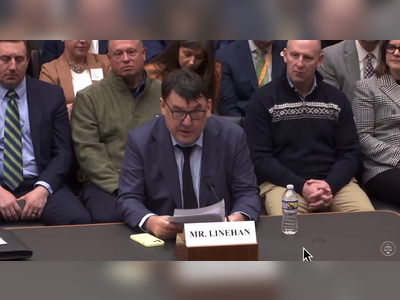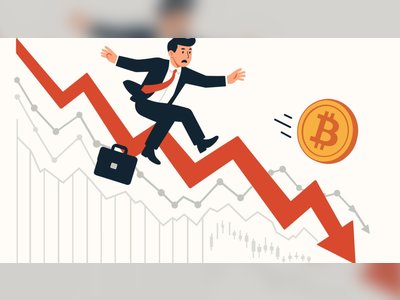An Analysis of AI's Influence on Future Work and Life
Examining Jamie Dimon's Perspective and the Possible Obstacles of AI Progress
Jamie Dimon, CEO of JPMorgan, envisions a promising future where technological advancements, especially AI, could reduce the workweek to 3.5 days and enable people to live up to 100 years with lower cancer risks.
He suggests that AI could automate 60-70% of current tasks, significantly enhancing productivity and freeing up time, as supported by a McKinsey report predicting major economic gains.
However, this optimistic view raises questions about its feasibility and potential drawbacks.
Concerns include job displacement due to automation, historical trends of technological disruption, and increasing inequality.
If AI benefits are not widely accessible, disparities could worsen.
Additional challenges stem from AI's more sinister aspects, such as cybersecurity threats and manipulative uses, underscoring the dual nature of technology.
Ethical regulation of AI advancements is crucial, with insights from measures like the GDPR indicating the need for strong, adaptable frameworks that balance innovation with protection against misuse.
The future with AI presents both opportunities and risks, necessitating proactive, inclusive policy guidelines to ensure equitable benefits and avoid harmful impacts.
This complex scenario calls for ongoing dialogue about AI's role in shaping work-life dynamics and societal change.
He suggests that AI could automate 60-70% of current tasks, significantly enhancing productivity and freeing up time, as supported by a McKinsey report predicting major economic gains.
However, this optimistic view raises questions about its feasibility and potential drawbacks.
Concerns include job displacement due to automation, historical trends of technological disruption, and increasing inequality.
If AI benefits are not widely accessible, disparities could worsen.
Additional challenges stem from AI's more sinister aspects, such as cybersecurity threats and manipulative uses, underscoring the dual nature of technology.
Ethical regulation of AI advancements is crucial, with insights from measures like the GDPR indicating the need for strong, adaptable frameworks that balance innovation with protection against misuse.
The future with AI presents both opportunities and risks, necessitating proactive, inclusive policy guidelines to ensure equitable benefits and avoid harmful impacts.
This complex scenario calls for ongoing dialogue about AI's role in shaping work-life dynamics and societal change.
AI Disclaimer: An advanced artificial intelligence (AI) system generated the content of this page on its own. This innovative technology conducts extensive research from a variety of reliable sources, performs rigorous fact-checking and verification, cleans up and balances biased or manipulated content, and presents a minimal factual summary that is just enough yet essential for you to function as an informed and educated citizen. Please keep in mind, however, that this system is an evolving technology, and as a result, the article may contain accidental inaccuracies or errors. We urge you to help us improve our site by reporting any inaccuracies you find using the "Contact Us" link at the bottom of this page. Your helpful feedback helps us improve our system and deliver more precise content. When you find an article of interest here, please look for the full and extensive coverage of this topic in traditional news sources, as they are written by professional journalists that we try to support, not replace. We appreciate your understanding and assistance.











